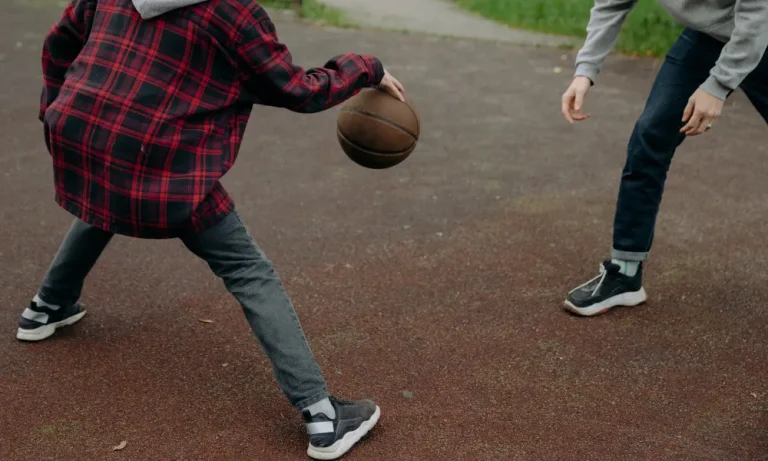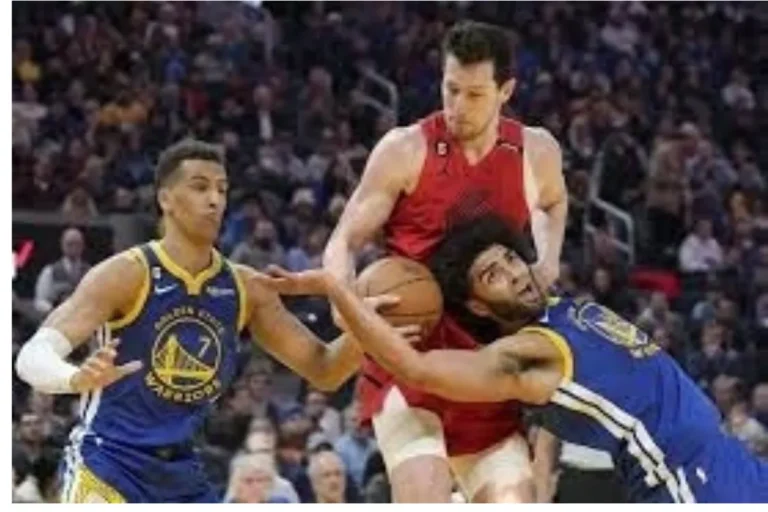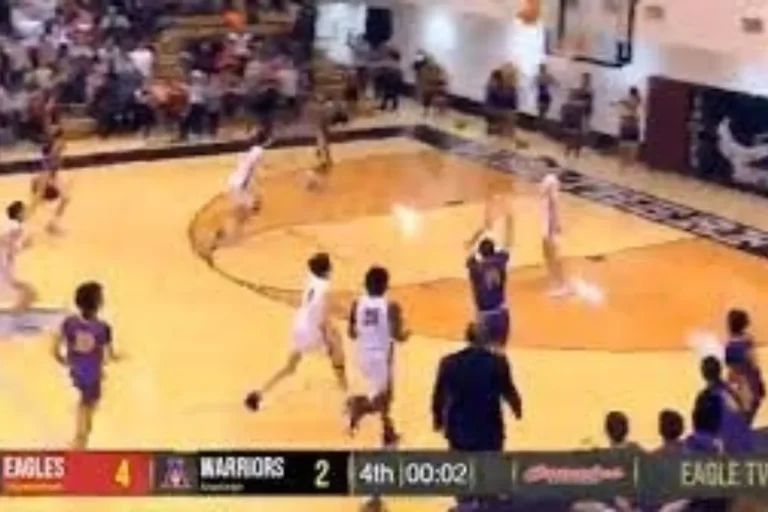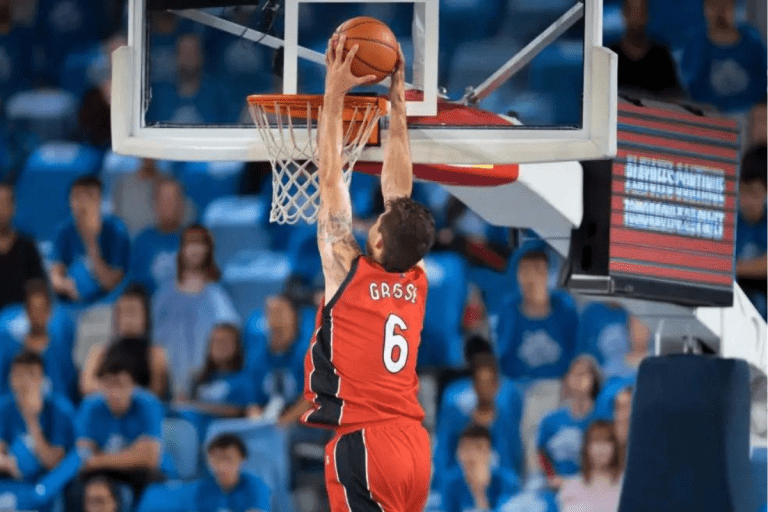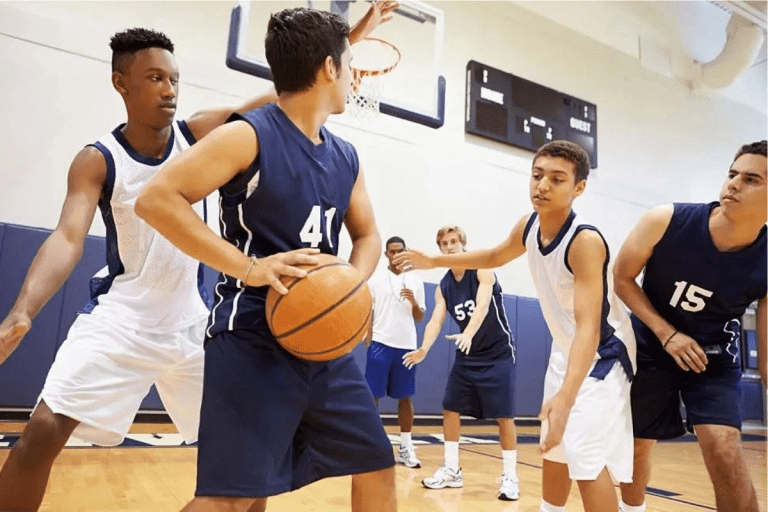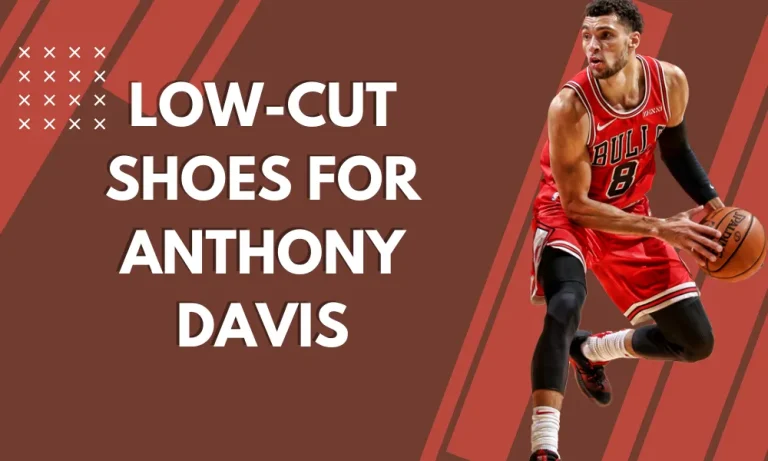Squeaky Basketball Shoes: What Causes the Noise
Do you ever find yourself on the basketball court, ready to make a move, only to be interrupted by an annoying squeaking sound coming from your shoes? It can be frustrating and distracting, affecting both your performance and confidence. But fear not! In this article, we’ll uncover the reasons behind squeaky basketball shoes and provide practical solutions to eliminate the noise. Let’s get started!
Understanding the Science of Squeaky Shoes
Have you ever wondered why your basketball shoes make that annoying squeaking sound? Let’s dive into the science behind it. The noise in basketball shoes is primarily caused by friction between the shoe’s sole and the playing surface.
When you make quick movements on the court, the rubber sole of your shoe grips the floor, creating resistance and generating a squeaky sound.
The role of shoe materials and construction also plays a significant part in the squeaking phenomenon. Different shoe materials have varying levels of friction when interacting with the floor.
For instance, rubber soles tend to produce more noise compared to other materials like leather or synthetic compounds. Additionally, the construction of the shoe, including the design and placement of the sole pattern, can influence the amount of grip and subsequent squeaking.
Shoe soles contribute to squeaking due to the micro-interactions happening at the surface level. The sole’s pattern, such as the presence of deep treads or grooves, can trap air or moisture between the shoe and the floor.
This trapped air or moisture creates vibrations as you move, resulting in the familiar squeaky noise. Similarly, the type of court surface you play on, whether it’s hardwood or synthetic, can also affect the squeaking intensity.
Common Factors Leading to Squeaky Basketball Shoes
Moisture can have a significant impact on shoe squeaking. When your shoes come into contact with water, sweat, or even a damp court, the moisture can seep into the sole or get trapped between the shoe and the playing surface.
This moisture disrupts the smooth movement of the sole, creating friction and resulting in squeaks. To prevent this, make sure to dry your shoes thoroughly after each use and avoid playing on wet surfaces whenever possible.
Another potential cause of squeaky basketball shoes is dust and dirt buildup. As you play, dust and dirt particles can accumulate on the sole of your shoes, reducing the grip and increasing the friction between the shoe and the court.
This buildup can lead to squeaking noises. Regularly cleaning your shoes by wiping the soles with a damp cloth or using a soft brush can help remove debris and minimize the chances of squeaks.
Wear and tear is another factor to consider when it comes to squeaky shoes. Over time, the materials of your basketball shoes can deteriorate, affecting their performance and causing unwanted noises.
If you notice significant signs of wear, such as visible cracks, thinning outsole, or a loss of cushioning, it may be time to invest in a new pair of shoes. Properly maintaining and replacing your basketball shoes when needed will ensure optimal performance and minimize the occurrence of squeaky sounds on the court.
Tips to Prevent Squeaky Basketball Shoes
To avoid the annoyance of squeaky basketball shoes, here are some helpful tips to keep in mind:
1. Proper shoe maintenance and cleaning techniques: Regularly cleaning your shoes can help prevent dust and dirt buildup, reducing the chances of squeaks. Use a damp cloth or a soft brush to gently wipe the soles and remove any debris.
Additionally, ensure your shoes are completely dry before storing them to prevent moisture-related squeaks.
2. Choosing the right shoe size and fit: Properly fitting shoes can minimize the risk of squeaking. When purchasing basketball shoes, make sure they fit snugly but not too tight. Avoid shoes that are too loose, as they can cause excessive movement and friction, leading to squeaks during play. Trying on different sizes and styles to find the perfect fit is crucial.
3. Using powders and lubricants to reduce friction: Applying powders, such as talcum or baby powder, to the inside of your shoes can help absorb moisture and reduce friction. This can be particularly useful if you tend to sweat a lot during games. Additionally, using lubricants like silicone spray on the soles can help create a smoother surface, reducing the chances of squeaking.
Quick Fixes for Squeaky Basketball Shoes
If you’re dealing with squeaky basketball shoes and need a quick solution, here are some effective fixes to consider:
1. Applying baby powder or talcum powder as a temporary solution: Sprinkling some baby powder or talcum powder on the inside of your shoes can help absorb moisture and reduce friction, temporarily eliminating the squeaking sound.
The powder acts as a barrier between the shoe and your feet, reducing the chances of friction-related noise. However, keep in mind that this is a temporary fix and may need to be reapplied periodically.
2. Lubricating the shoe soles with silicone-based sprays or oils: Using a silicone-based spray or oil on the soles of your basketball shoes can help create a smoother surface, reducing friction and eliminating squeaks.
Apply a thin layer of the lubricant to the bottom of the shoes, ensuring an even distribution. Allow it to dry before wearing the shoes to avoid any slipping on the court. This method can provide temporary relief from squeaking, but it may need to be reapplied periodically.
3. Inserting insoles or cushioning to absorb noise and vibrations: Adding additional cushioning or insoles to your basketball shoes can help absorb noise and vibrations, reducing the squeaking sound.
Look for insoles made from materials like gel or foam that provide extra comfort and support. These can help minimize the impact of your movements and prevent the shoe from rubbing against the court, thus reducing squeaks. Make sure the insoles fit properly and don’t alter the overall fit of your shoes.
Professional Solutions for Persistent Squeaky Shoes
If you’ve tried the quick fixes and are still struggling with persistent squeaky basketball shoes, it may be time to explore professional solutions. Here are some options to consider:
1. Seeking advice from a shoe expert or podiatrist: If your shoes continue to squeak despite your best efforts, it’s a good idea to consult with a shoe expert or podiatrist. They can assess your shoes and provide personalized recommendations based on your specific situation.
They may suggest custom insoles or orthotics to address any underlying biomechanical issues causing the squeaking. Their expertise can help identify and address the root cause of the problem, leading to a more effective and long-lasting solution.
2. Shoe repair techniques to address specific issues: In some cases, specific issues with your shoes may be causing the squeaking. Taking your shoes to a professional shoe repair shop can help. They can examine the shoes and perform repairs or modifications to eliminate the squeaks.
This may involve fixing loose or worn-out parts, reinforcing seams, or replacing worn-out soles. A shoe repair professional can provide targeted solutions based on the specific problems with your shoes, ensuring a more comprehensive and lasting fix.
3. Exploring innovative shoe technologies designed to minimize squeaking: The footwear industry is constantly evolving, and there are innovative shoe technologies available that aim to minimize squeaking.
Look for shoes that feature advanced cushioning systems, noise-reducing materials, or specialized outsole designs. These technologies are designed to minimize friction and vibrations, reducing the likelihood of squeaks during play. Exploring these options and investing in shoes specifically designed to address squeaking issues can be a worthwhile long-term solution.
Conclusion
Squeaky basketball shoes can be a nuisance, but there are solutions available to address this common problem. From quick fixes like applying baby powder or using lubricants to professional solutions like seeking expert advice or exploring innovative shoe technologies, there are options for everyone. By taking proactive steps and addressing the underlying causes, you can enjoy a quieter and more comfortable playing experience.
FAQs: Squeaky Basketball Shoes
What causes basketball shoes to squeak?
Squeaky basketball shoes are often caused by friction between the shoe sole and the court surface, moisture buildup, or loose shoe components.
Can the squeaking be eliminated with baby powder?
Baby powder can temporarily reduce squeaking by absorbing moisture and reducing friction between your feet and the shoe’s interior.
How can I fix squeaky shoes without using powder?
Lubricating the shoe soles with silicone-based sprays or oils can help reduce friction and eliminate squeaks.
Are squeaky shoes a sign of a defect?
Squeaks can occur due to various reasons, including normal wear and tear. However, persistent squeaking may indicate a shoe defect that needs professional attention.
Can insoles or cushioning help reduce shoe squeaking?
Yes, adding insoles or cushioning can absorb noise and vibrations, reducing the squeaking sound caused by friction between the shoe and the court.
When should I seek professional help for squeaky shoes?
If you’ve tried the quick fixes and the squeaking persists, it may be time to consult a shoe expert or podiatrist who can provide personalized advice and solutions.

